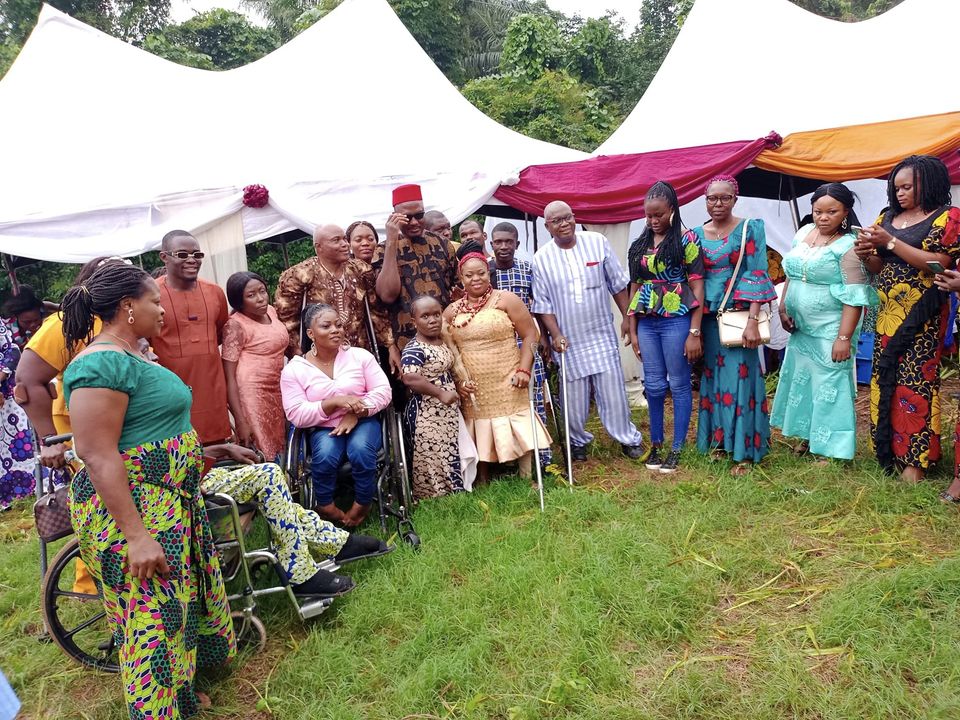Ben Ezechime, Enugu
The Joint National Association of Persons with Disabilities (JONAPWD), has appealed to the Enugu State Government to establish Enugu State Disability Rights Commission, to take care of issues affecting its members in the state.
The body made the appeal in a statement signed and made available to Ikengaonline in Enugu.
According to JONAPWD, the establishment of the commission becomes crucial for the implementation of the 2023 Enugu State Discrimination Against Persons with Disabilities Prohibition Law.
It said: “Over 22 States in Nigeria are currently enjoying this provision with the establishment and smooth operation of their commission, including Abia and Anambra in South-East, moving disability issues from charity base to a right-based approach and promoting sustainable development goal of the United Nations.”
JONAPWD recalled that on April 4, 2023, the Enugu State House of Assembly passed the Disability Rights bill into law which was assented to by the immediate past Governor on Thursday 18th May, 2023.
“This milestone legislation aims to eliminate discrimination, equalize opportunities, and establish the disability rights commission.
“However, the gazetting of the Law and the commission’s setup is still pending, hindering the full implementation of the law and the realisation of its benefits for persons with disabilities and the state at large,” JONAPWD said.
The statement signed by Mr Onyebuchi Mba, state Chairman of JONAPWD, further said that the establishment of the Enugu State Disability Rights Commission was vital for various reasons.
It said part of the functions of the commission include overseeing the implementation of the Disability Rights Law, mainstreaming policies and programmes, promoting inclusive development projects amongst others.
“The disability commission can contribute to revenue generation for Enugu State Government, increasing participation in the workforce by prohibiting discrimination and ensuring access to employment opportunities, paying taxes and contributing to the economy.
“Promotes access to education and skills development, leading to a more skilled workforce, increased productivity, and higher tax revenues.
“Entrepreneurship and business opportunities: Persons with disabilities can start businesses, create jobs, and generate revenue, contributing to GDP growth.
“Reduced poverty and social welfare costs: Inclusive education and employment can reduce poverty among persons with disabilities, decreasing the burden on social welfare programs of the government.
“Increased access to healthcare by reducing healthcare costs in the long run and increasing productivity through the State’s health insurance scheme,” it stated.

